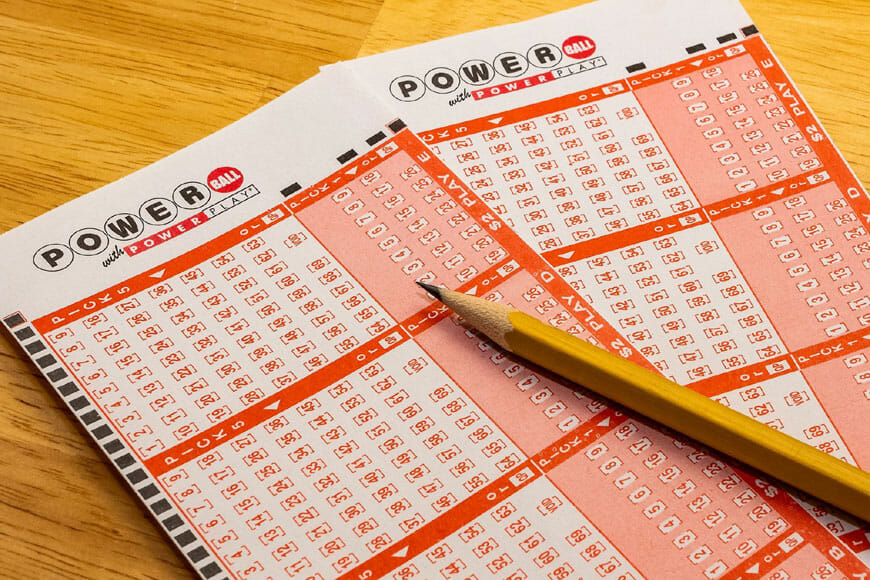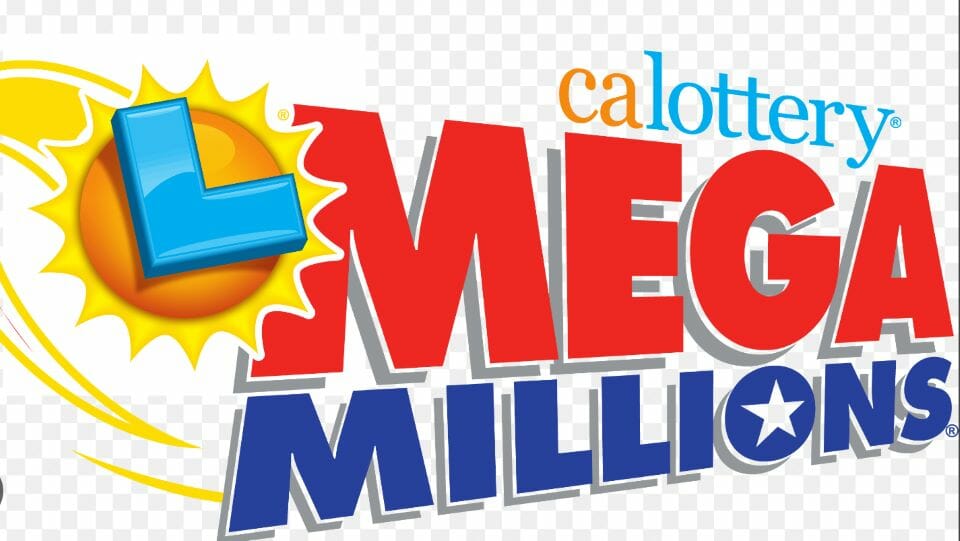
In the realm of gambling and lotteries, Alabama stands as one of the few states holding firm to a more conservative approach, maintaining a ban on lottery activities. This stance, deeply rooted in its historical and legal precedents, signifies a substantial contrast to the burgeoning lottery scenes observed in many other states. While the clamor for the introduction of lotteries has grown, the state legislature has not moved to establish any state-sponsored lottery system or to legalize scratch-off online gambling sites.
As you navigate through this Alabama lottery guide, you can anticipate a detailed exploration of the existing legal landscape surrounding lotteries in Alabama. Gain insights into the underlying reasons behind the sustained prohibition, the nuances of the legal frameworks, and the ongoing debates surrounding potential future developments in the lottery sphere in the state. Equip yourself with the essential knowledge to understand the complex legal tapestry governing the lottery scenario in Alabama.
The Alabama online lottery is not available, but neighboring Georgia has a convenient digital platform tailored to meet the gaming needs of residents. You can visit the Georgia lottery website or opt for the user-friendly app that allows you to engage in a variety of games, including Powerball, Mega Millions, and state-specific draws like Cash 3 and Cash 4. Here’s how to acquire the app:
Once the app is successfully installed, you can easily purchase lottery tickets for popular national lottery games like Powerball and Mega Millions, as well as exclusive Georgia lottery draws. From the app, you can check the winning numbers for recent draws, ensuring you never miss out on a potential win.
For smaller prizes, you can claim your winnings directly through the app. Larger prizes will require you to visit an official lottery claim center. You can also find nearby lottery retailers and their operating hours, making it convenient to purchase lottery tickets in person if you prefer.
In Alabama, the discussion surrounding state-sanctioned lotteries has long been a topic of interest. Currently, the Cotton State stands firm on its ban against lottery games, both locally and multi-state draw games. However, this doesn’t mean that the residents of Alabama are completely barred from experiencing the thrill of the lottery. Many Alabamians find their way to neighboring states to try their luck. In this guide, we take a journey to the vibrant lottery scene in nearby Georgia, offering you a glimpse of the exciting multi-state draw games available and how you can partake in them.
The Powerball is another behemoth in the world of lottery games, drawing participants from across multiple states, including Georgia. To participate, players must choose five numbers from a pool of 69, and a separate Powerball number from a pool of 26. The ticket price for entry into this thrilling game stands at $2.

Known for its substantial jackpots, sometimes soaring into the billions, the Powerball offers players the chance to win life-changing sums of money. In February 2015, a group of workers from Tifton won a staggering $1 billion, marking a momentous occasion in the history of Georgia lottery winners.
| Matching numbers | Prize amount | Odds |
| Matching 5 + Powerball | $194,000,000 | 1 in 292,201,338 |
| Matching 5 + | $1,000,000 | 1 in 11,688,054 |
| Matching 4 + Powerball | $50,000 | 1 in 913,130 |
| Matching 4 | $100 | 1 in 36,525 |
| Matching 3 + Powerball | $500 | 1 in 14,495 |
| Matching 3 | $20 | 1 in 580 |
| Matching 2 + Powerball | $20 | 1 in 702 |
| Matching 1 + Powerball | $10 | 1 in 92 |
| Matching Powerball only | $7 | 1 in 38 |
Mega Millions stands as one of the most popular multi-state lottery games, accessible just across the state line in Georgia. Participating in this lottery involves selecting five numbers from a set of 70, and a Mega Ball number from a set of 25. Lottery tickets for this high-stake lottery game generally cost $2 per play.

This multi-state game is renowned for its massive jackpots, often reaching hundreds of millions, and sometimes even crossing the billion-dollar mark. Notable winners from Georgia include Ira Curry, who bagged a hefty half of a $648 million jackpot in December 2013.
| Matching numbers | Prize amount | Odds |
| Matching 5 + Mega Ball | Jackpot | 1 in 302,575,350 |
| Matching 5 | $1,000,000 | 1 in 12,607,306 |
| Matching 4 + Mega Ball | $10,000 | 1 in 931,001 |
| Matching 4 | $500 | 1 in 36,792 |
| Matching 3 + Mega Ball | $200 | 1 in 14,547 |
| Matching 3 | $10 | 1 in 606 |
| Matching 2 + Mega Ball | $10 | 1 in 693 |
| Matching 1 + Mega Ball | $4 | 1 in 89 |
| Mega Ball only | $2 | 1 in 37 |
Despite a rich tapestry of history and culture, Alabama remains one of the few states in the United States where local lottery games are yet to find a legal foothold, as of the data available until September 2021. While this ban persists, residents keen on trying their luck have the option to venture to neighboring states to indulge in local draw games. One such alternative presents itself in the neighboring state of Florida, renowned for its array of exciting lottery options. In this guide, we turn our focus towards the Florida Lottery, offering a detailed overview of the popular local draw games available there, along with advice on how to participate.
A flagship game in the Florida Lottery portfolio, the Florida Lotto has been a favorite among lottery enthusiasts since its inception in 1988. To participate, you are required to pick six numbers from a pool of 53. Each ticket comes at the cost of $2, with an option to add on features like Double Play and EZmatch for an additional fee.
Prizes vary greatly, with jackpots starting at a hefty $1 million and growing until there’s a winner. For instance, in 2020, a lucky participant from Miramar landed a whopping $15 million jackpot, making headlines and fostering dreams of similar fortune among other players.
Fantasy 5, another popular game in Florida, provides a daily dose of excitement for lottery enthusiasts. Participating is as simple as selecting five numbers from a pool of 36. A single play costs $1, making it a budget-friendly option for those looking to experience the thrill of a lottery game.
Prizes are dynamic, with the top prize being a share of the game’s prize pool. In a remarkable win, a participant from Miami bagged a substantial amount of $197,000 in July 2021, illustrating the potential for significant windfalls from this game.
For those who enjoy frequent draws and varied play styles, the Pick 2, Pick 3, and Pick 4 games offered by the Florida Lottery are excellent options. These daily games require participants to select two, three, or four numbers respectively, with ticket prices starting as low as $0.50.
In these games, winners are quite frequent, with prizes ranging from small cash wins to substantial amounts depending on the wager type and amount. Numerous stories of winners abound, with people taking home substantial sums daily, adding a dose of excitement and anticipation to every draw.
There are no authorized lottery games, including number drawing schedules, operational within the state of Alabama as the state legislature has not legalized any form of lottery. Therefore, residents are advised to check the offerings in neighboring states if they wish to participate in lottery games.
Given the circumstances, a table indicating a lottery number drawing schedule for Alabama cannot be provided at this moment. We recommend keeping an eye on local news and official government announcements for any potential changes to the lottery status in Alabama.
You might be intrigued to learn that, despite a flourishing lottery scene in many parts of the United States, Alabama stands as one of the few states staunchly resisting the allure of state-sanctioned lotteries.
Delving back into the annals of history, you’d notice that the statewide opposition to gambling isn’t a recent phenomenon. It’s a reflection of deep-seated moral and religious perspectives that have significantly influenced Alabama’s legal landscape over the years. This conservative stance has been mirrored in the state’s constitution, which has, since its inception, maintained stringent prohibitions against lotteries and other forms of gambling.
As you navigate further, you would find that several attempts have been made to overturn these prohibitions, albeit with limited success. Various proposals and bills have sought to introduce state lotteries as a means to bolster the state’s revenue, fund educational initiatives, and support other state projects. However, these attempts have met with considerable resistance, largely stemming from concerns about potential negative social repercussions, including addiction and other gambling-related issues.
You’d also observe that, despite the absence of a state lottery, Alabama has not been entirely devoid of gambling opportunities. The state houses several tribal casinos, which operate under federal law, offering a range of gaming options to enthusiasts. These establishments have, in a way, filled the void created by the absence of a state lottery, providing an outlet for those keen to try their luck.
Looking forward, you might witness a shift in Alabama’s lottery landscape. The pressures of evolving societal norms, coupled with the economic incentives presented by state lotteries, might potentially steer the state towards revisiting its stance on the matter. It remains a possibility that the growing support for a state lottery, as seen in recent years, might eventually culminate in a change in legislation, paving the way for the introduction of lottery games in Alabama.
As you navigate through Alabama’s legal landscape concerning gambling, you will observe a fairly restrictive environment. Historically, Alabama has maintained a rigid stance against most forms of gambling, with state lotteries being notably absent due to legislative and cultural opposition rooted in moral and religious beliefs. However, not all avenues are closed, as the state permits some forms of betting at tribal casinos, where you can indulge in bingo and a few other games as these entities operate under federal law.
Besides, you might find a few legally gray areas such as pari-mutuel wagering at dog tracks in certain locations within the state. It’s pivotal to note that these opportunities are quite limited, emphasizing Alabama’s general reluctance to fully embrace the gambling industry.
“Second Chance” indicates that even if your ticket doesn’t win in the initial drawing, you have another opportunity to be a winner. You can enter your non-winning ticket into a separate drawing.
Yes, as you delve into the world of lotteries, you’ll discover that lottery and gambling laws vary by state. This means that the regulations, the types of games available, and the allocation of revenue can differ greatly, giving each state its unique lottery blueprint. You should learn the specific rules like the gambling age and offerings of your state to navigate this landscape adeptly.
In Alabama, opportunities to play lotteries for real money at online casinos are extremely limited, if not non-existent. The state has not legalized online gambling, which encompasses online casinos and lottery games. Therefore, engaging in such activities for real money in Alabama could potentially land you in legal trouble.
Are you ready to take your online gambling experience to the next level? Sign up for the LetsGambleUSA newsletter and get the latest news, exclusive offers, and expert tips delivered straight to your inbox.